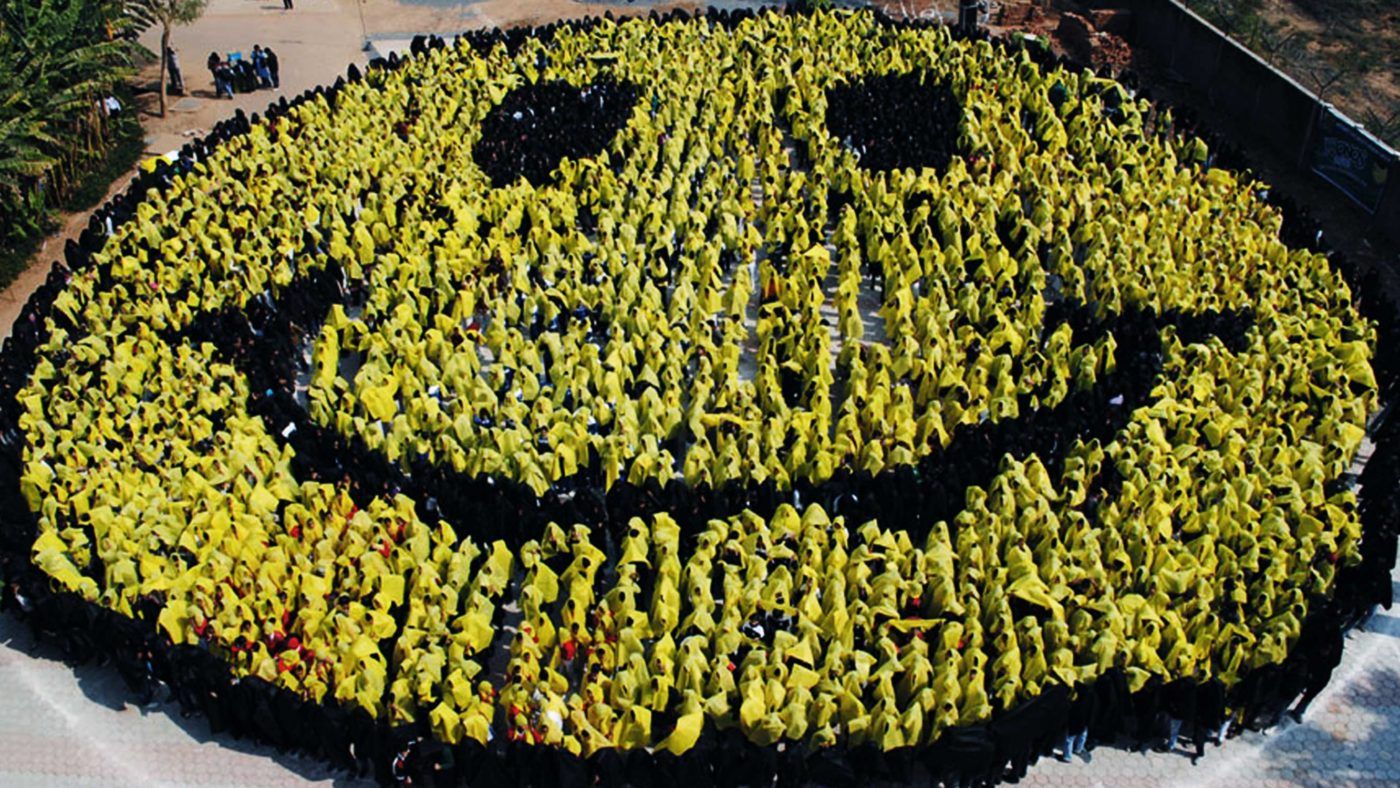This article is taken from our Weekly Briefing email. Sign up here.
There’s been a lot of talk recently about fake news and filter bubbles – about the tendency of social media to show us only the news that’s slanted towards what we already believe.
But people often forget that even ostensibly neutral news is already hugely biased.
For example, when I was learning to be a journalist, I was asked how many people had to die in an earthquake for it to make the headlines.
The answer was none at all – so long as it happened in the Home Counties.
The news we tend to consume is, understandably, the news that’s closest to home, because it affects us most.
That’s why there was wall-to-wall coverage this week of Philip Hammond’s Autumn Statement, and why the progress of the Brexit process (or lack of it) is followed so avidly.
Likewise, we follow events in America because America is still the world’s most powerful country. If Brexit is going to reshape Britain’s place in the world, then the election of Donald Trump is going to reshape the world full stop.
But the result is that our media diet gets distorted. Stories like Brexit and Trump become soap operas that dominate the schedules, their twists and turns occupying the prime locations on the news agenda night after night.
And there’s another bias that we have, too: towards pessimism. We humans are programmed to have our attention caught by drama and disaster – and to place greater weight on pessimistic than optimistic analyses. Replace the positive adjectives in a book review with negative ones, and the reader will rate the writer as being smarter.
So even if you made an effort this week to escape the latest news from Washington, or the arguments over whether Brexit has torpedoed Britain’s economy (played out on CapX as elsewhere), you would have found a rich diet of doom and gloom: corruption in South Africa, economic collapse in Venezuela, violence in Mexico, election fraud in Somalia, terrorism in Iraq.
But there are two points to constantly bear in mind – both of them something of a mantra here at CapX.
The first is that good things are still happening – not just in the particular, but in the aggregate.
As commentators like Fraser Nelson of the Spectator, and our friends at HumanProgress.org, keep pointing out, the world is not just getting better, but doing so at a startling clip. Between 2002 and 2013, to give just one example, the proportion of the planet’s population living in extreme poverty more than halved.
The second point to make is that there is no mystery about this process. The world is getting better because the market works. And the places in the world where things are going wrong are very often – in fact, almost invariably – those where the market is not working.
This, arguably, is the central human tragedy of our times. We know what improves people’s lives: personal freedom, economic freedom, property rights, the rule of law. The countries that are failed or failing are overwhelmingly those where these principles were never established, or have been eroded from above or from below.
So yes, we should focus on stories like Brexit and Trump because they are big and important. But we should always remember the wider story of progress around the world – and the need to fight to secure it.
And yes, things may seem gloomy on occasion. But there is always ground for optimism. After all, in a world where a self-professed Thatcherite can become favourite for French president, anything is possible…


